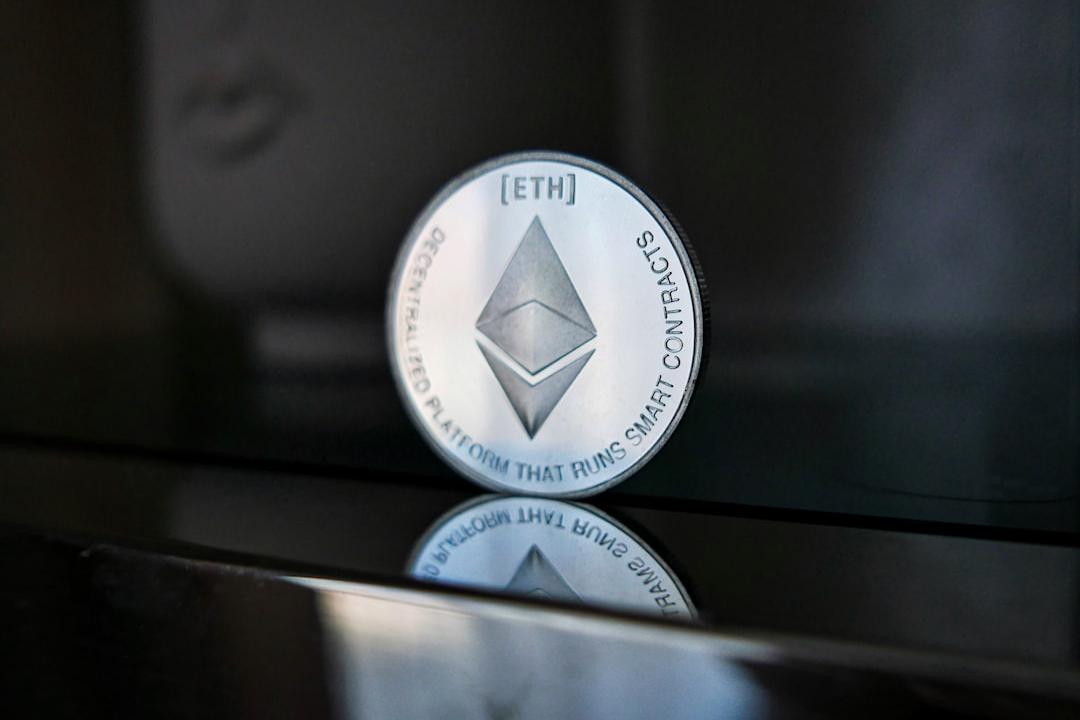Author: DeMan; Source: PANews
How RedStone Provides Low-Cost Price Feeds for L2?
RedStone, a modular blockchain oracle provider, successfully raised $15 million in a Series A funding round led by Arrington Capital on July 2. Other investors in this round include Kraken Ventures, White Star Capital, Spartan Group, Amber Group, SevenX Ventures, and IOSG Ventures. Additionally, angel investors such as Smokey the Bera and Homme Bera from Berachain, Mike Silagadze from Ether.Fi, Jozef Vogel, Rok Kopp, and Amir Forouzani, Jason Vranek, and Christina Chen from Puffer Finance also participated. Moreover, on July 4, the Zircuit mainnet integrated the emerging oracle project Redstone.
As the total value locked in the DeFi market has doubled over the past year, particularly with over $50 billion amassed in liquid staking assets, RedStone oracles have carved out a unique position in the market with their modular design. This funding round not only demonstrates investor confidence in RedStone’s future but also marks a further consolidation of its position in the blockchain oracle field.
01. Next-Generation Oracle: RedStone
RedStone is a modular blockchain oracle, similar to Chainlink and Pyth Network, but it stands out with its unique modular design. Jakub Wojciechowski, founder and CEO of RedStone, emphasizes that the modular architecture allows RedStone to launch on new networks more quickly and flexibly adjust traffic according to market demands. With the rise of liquidity staking tokens, RedStone has become the first oracle to support projects like Ether.Fi, Renzo, Puffer, and Swell.
The primary function of blockchain oracles is to provide real-world data to smart contracts, ensuring that decisions made during contract execution are based on the most current external information. The advantage of modular oracles is that their components can be independently updated or replaced, ensuring scalability and integration across different blockchains.
An example of this is RedStone’s integration with the Open Network (TON). Wojciechowski notes that the TON architecture made the integration work quite burdensome, but the RedStone team completed the end-to-end integration smoothly in four months.
According to DeFiLlama data, RedStone is currently the fifth-largest blockchain oracle, with a total value of approximately $3.5 billion. Founded during the Arweave chain incubation program in 2020, RedStone now supports over 60 blockchains, including both Layer 1 and Layer 2 networks like Ethereum, Base, Arbitrum, and Merlin Chain. In the future, RedStone plans to support Berachain and Monad blockchains and will introduce its Active Validation Service (AVS) feature on EigenLayer.
Over the past three years, RedStone has promoted an on-demand approach and is now used on more than 40 L1 and L2 networks, leading its competitors. As the demand for reliable price data is set to surge with Ethereum’s Dencun (EIP-4844) upgrade, liquidity staking, restaking, and increases in L2 as well as Optimistic and ZK rollups, RedStone, with its future-oriented design, is prepared to maintain its leading position in this rapidly evolving sector.
02. What Makes RedStone Unique
RedStone oracle employs a unique approach by storing non-standard data on Arweave and transmitting it to all EVM-compatible chains. Oracles serve as middleware, enabling communication between blockchains and off-chain systems such as data providers, cloud providers, IoT devices, and payment systems. Smart contracts on various blockchains, including Ethereum, use the data provided by oracles to determine whether to execute protocols or commands. Thus, platforms and businesses using smart contracts rely directly on oracles to obtain data from the external world.
However, centralized and third-party oracles do not align with the values of blockchain technology and decentralization. The uncertainty and desynchronization of external data make it challenging for nodes to reach consensus. Moreover, the risks associated with direct access to insecure external environments deter many projects, known as the oracle problem. The decentralized nature of blockchains prevents them from extracting or pushing data from any external system. Blockchain nodes must be kept in isolated sandboxes and cannot directly access traditional services or generate data internally.
RedStone mitigates these issues faced by blockchain projects by providing flexible and cost-effective oracle solutions. Its modular design is suited for DeFi, similar to L2 of blockchains, allowing it to provide push and pull oracle data services to multiple EVM and non-EVM ecosystems, Rollups, and various application chains. RedStone’s data is encrypted and signed by providers and can be verified on any chain supporting basic cryptographic primitives.
RedStone leverages Arweave’s next-generation blockchain storage to store large amounts of data at low cost, enabling it to process more data with a higher update frequency. Unlike traditional oracles, RedStone stores data on Arweave, and its node and partner network provide it to DeFi projects as a decentralized public cache. The EVM-Connector allows these data to be injected into target chains only when needed, ensuring data integrity and security.
Additionally, RedStone allows multiple data providers to enter the blockchain ecosystem, each applying different aggregation rules to provide tailored services for DeFi protocols. RedStone’s design also ensures data integrity, requiring data providers to stake RedStone tokens as collateral to ensure continued operation and high-quality data delivery.
Through its innovative approach, RedStone not only offers a secure, flexible, and efficient alternative to existing oracle solutions but also brings reliable real-world data support to applications such as DeFi and smart contracts. As the blockchain ecosystem continues to evolve, RedStone is poised to remain a leader in the oracle space.
Summary
RedStone is hailed as the next-generation oracle, and its performance in early 2023 and 2024 has been impressive. This success is undoubtedly due to the RedStone team’s dedicated efforts during the bear market. Through meticulously planned activities, continuous integration collaboration, and relentless product innovation, RedStone has become a major contributor to the growth in Arweave transaction volumes and has gained market recognition. In the first half of 2024, RedStone delivered a strong performance, and whether it will become a leading project alongside Chainlink in the oracle space remains to be seen

